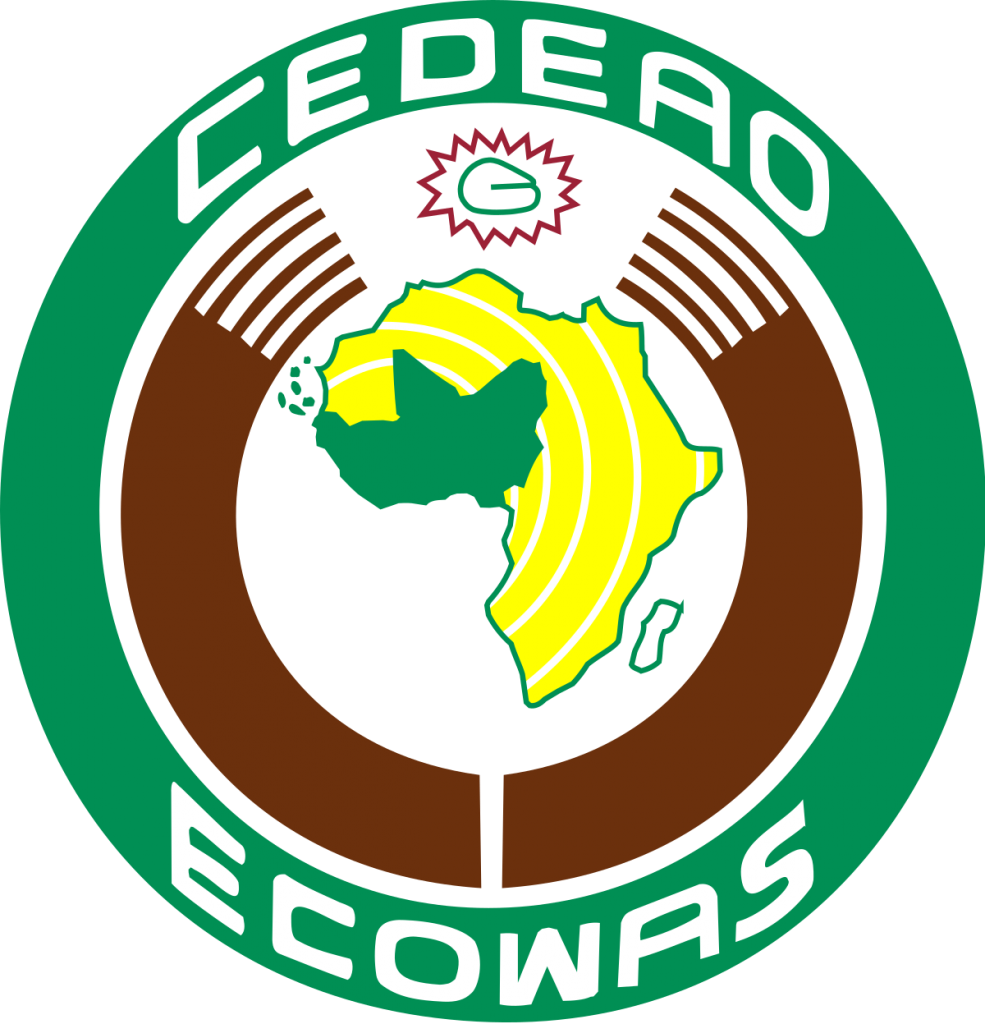
The Economic Community of African States (ECOWAS) has said that collaborative efforts of member states towards an integrated water resource management (IWRM) is crucial to sustainable regional socio-economic development.
ECOWAS Commissioner for Infrastructure, Energy and Digitalisation, Sediko Douka, made this known at the 5th Ordinary Session of the Ministerial Monitoring Committee (MMC) of the Integrated Water Resources Management (IWRM) in West Africa on Friday in Abuja.
Douka, noted that water-related problems were detrimental to the economic and social development of the West African countries, said that there was urgent need to move to new forms of water management.
This, he said, was already contained in the recommendations of the United Nations Conference on Environment and Sustainable Development (UNCED) held in Rio de Janeiro, Brazil, in June 1992.
The Commissioner said that, since 1998, ECOWAS member states had been fully committed to the IWRM process, which culminated in the adoption of a regional action plan in 2000 and a permanent coordination and monitoring framework (PCMF).
“This commitment to sub-regional cooperation stems from a shared political vision by all member states, as expressed in the “Ouagadougou Declaration” of 1998.
“These broad lines have successfully guided our efforts in integrated water resources management for almost three decades now,” he said.
Douka explained that the Abuja event aimed to revitalise the PCMF of IWRM and assess the implementation status of the West Africa Water Resources Policy (WAWRP) adopted in December 2008 by ECOWAS leaders.
“The WAWRP represents a unique experience in the development of a common sectoral policy for West African regional integration organisations (ECOWAS-WAEMU-CILSS).
“The meeting agenda will address issues of crucial importance for the promotion of IWRM and sustainable development in West Africa.
He described ECOWAS’ Regional Initiative for the Development, Resilience, and Valorisation of Water Resources (DREVE), as an ambitious structuring and innovative programme that is supported by the World Bank and other West African integration organisations.
Douka expressed confidence that its implementation would positively change the profile of the ECOWAS bloc in terms of sustainable development.
Also speaking, Nigeria’s Minister of Water Resources and Sanitation, Prof. Joseph Utsev, said that West Africa’s abundant water resources were the potential cornerstone for development.
He said that the water resources would impact positively on health, education, tourism, food security and energy, if properly harnessed and coordinated.
The minister said that by working together, ECOWAS member states could address challenges like climate change, poverty, unemployment and inequality. (NAN)
By Mark Longyen



